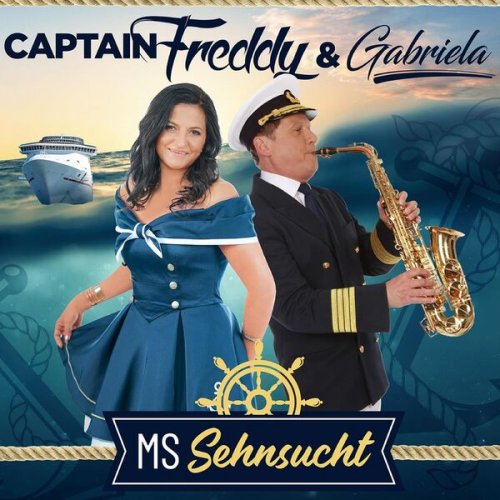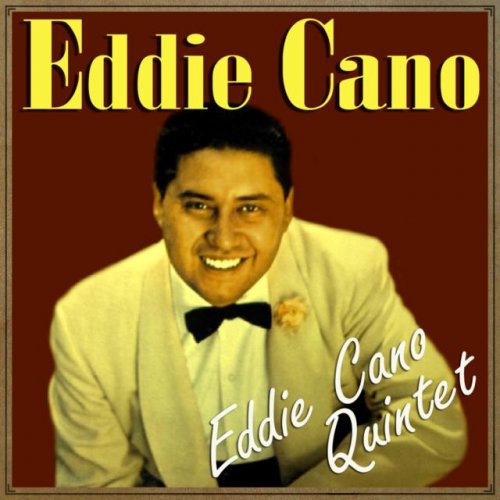Frank Beermann & Robert Schumann Philharmonie - Goldmark: Orchestral Works (2016) [CD-Rip]
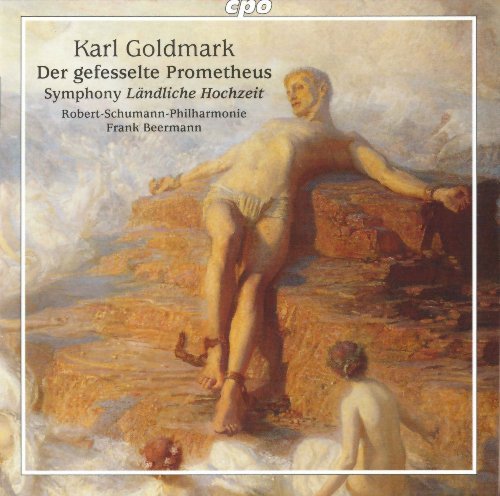
Artist: Frank Beermann & Robert Schumann Philharmonie
Title: Goldmark: Orchestral Works
Year Of Release: 2016
Label: CPO
Genre: Classical
Quality: FLAC (image + .cue, log, booklet)
Total Time: 58:36 min
Total Size: 292 MB
WebSite: Album Preview
Tracklist:Title: Goldmark: Orchestral Works
Year Of Release: 2016
Label: CPO
Genre: Classical
Quality: FLAC (image + .cue, log, booklet)
Total Time: 58:36 min
Total Size: 292 MB
WebSite: Album Preview
1. Overture Op. 38 Der Gefesselte Prometheus
Symphony Op. 26 Landliche Hochzeit
2. Hochzeitsmarsch
3. Brautlied
4. Serenade
5. Im Garten
6. Tanz
Enthralling Music by Karl Goldmark. Karl Goldmark numbers among those composers whose former fame and glory later regrettably faded. Nevertheless, Goldmark enjoyed a highly successful career from the son of a poor Jewish cantor in the Hungarian countryside, initially without school instruction, to a professor of composition and composer in Vienna. Today this Hungarian composer continues to be known to a broader pubic only for his violin concerto and the opera The Queen of Sheba. During his lifetime he was celebrated for his instrumentation artistry, refined use of elements from folk music, and highly developed talent for melodic invention. At the time Goldmarks most famous orchestral work was his Hochzeitssymphonie (Wedding Symphony), which celebrated a premiere triumph. His friend Johannes Brahms said that this work, perfect in form and flawless, had sprung into life like Minerva from Jupiters head. Sir Thomas Beecham and Leonard Bernstein were very fond of this highly effective work and frequently conducted it. Goldmarks Overture to the Prometheus Bound of Aeschylus also met with an enthusiastic response. For example, on 28 March 1890 Eduard Hanslick wrote as follows in the feuilleton of the Neue Freie Presse: ""The overture, one of Goldmarks best, maturest compositions, is appealing not merely because of its ardent energy of expression; it also has musical content and a clearly structured form. Something really happens in it, in a musical sense, not in the misunderstood sense of a dramatic imitation. The overture begins like the solemn calm of the sea with an Adagio in C minor; the same gradually presses for more vehement motion, which fully streams in the Allegro movement (likewise in C minor).
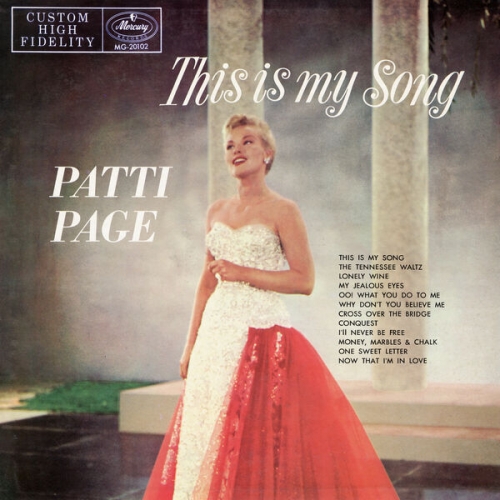

![Vince Guaraldi & Bola Sete - From All Sides (Remastered 2026) (1965) [Hi-Res] Vince Guaraldi & Bola Sete - From All Sides (Remastered 2026) (1965) [Hi-Res]](https://www.dibpic.com/uploads/posts/2026-02/1772124624_cover.jpg)
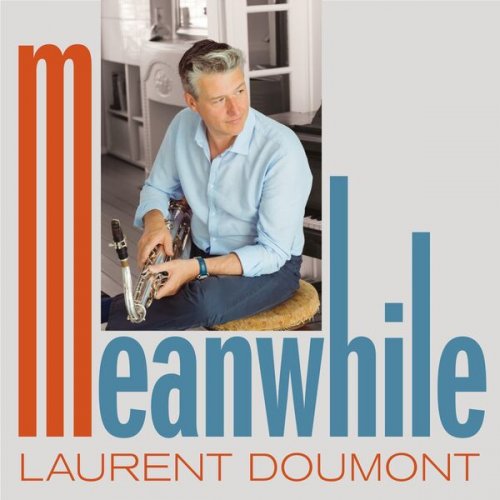
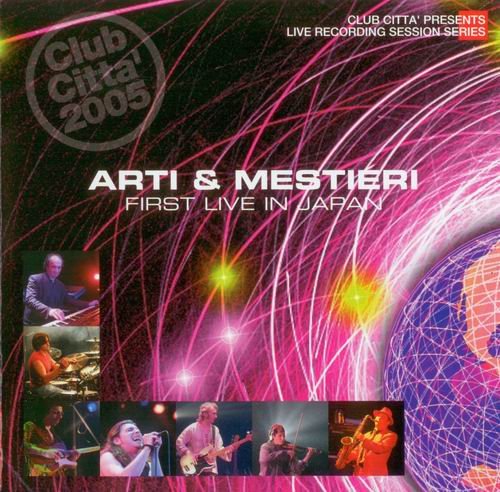
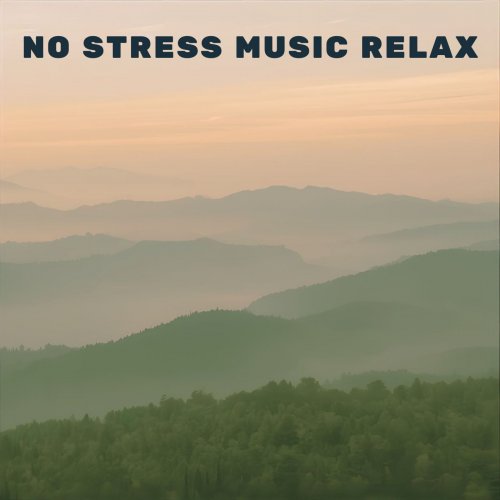
![Alcides Neto - Amú (2026) [Hi-Res] Alcides Neto - Amú (2026) [Hi-Res]](https://img.israbox.com/img/2026-02/26/mtckmw6jmvula60sukh6h3h26.jpg)
